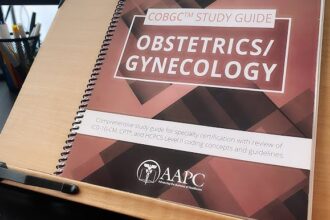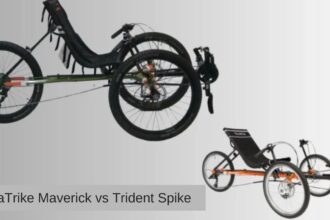Hiring the right candidate is one of the most critical decisions any company can make. A poor hiring decision can result in lost productivity, increased turnover, and higher training costs. Traditional methods like resume reviews and unstructured interviews often fail to predict job performance accurately. In response, organizations are increasingly turning to modern tools such as pre-employment assessment to streamline and improve their hiring process.
Understanding Pre-Employment Assessments
Pre-employment assessments are standardized tools used to evaluate candidates before they are hired. These assessments can measure a wide variety of attributes, including cognitive ability, personality traits, skills, emotional intelligence, and job-specific knowledge. By leveraging data and analytics, these tests provide insights into how a candidate might perform on the job.
Unlike a resume or a traditional interview, which may only reflect how well a candidate can present themselves, assessments offer objective data that helps employers make evidence-based hiring decisions.
Types of Pre-Employment Assessments
There are several types of pre-employment assessments, each designed to measure different qualities:
- Cognitive Ability Tests – These evaluate reasoning, problem-solving, and learning capabilities. They are excellent predictors of job performance, especially in roles that require mental agility.
- Personality Tests – These help employers understand how a candidate might behave in the workplace. They can indicate whether a person is suited to a team environment, capable of leadership, or aligned with a company’s values.
- Skills Tests – These evaluate a candidate’s existing competencies, such as typing speed, software proficiency, or mechanical knowledge, depending on the job requirements.
- Situational Judgment Tests (SJTs) – These present candidates with hypothetical, job-related scenarios to assess their judgment, ethics, and problem-solving skills.
- Emotional Intelligence Tests – In roles that require a high degree of interpersonal interaction, assessing emotional intelligence can help predict success in communication and conflict resolution.
The Benefits of Using Pre-Employment Assessments
Implementing pre-employment assessments as part of the recruitment process offers numerous benefits:
- Improved Hiring Accuracy: Assessments provide data-driven insights that help reduce guesswork in hiring. This ensures that candidates are selected based on merit, not just how well they perform in an interview.
- Reduced Turnover: When the right people are placed in the right jobs, they are more likely to succeed and stay. This helps lower turnover rates and associated costs.
- Time and Cost Efficiency: Automating parts of the hiring process with assessments saves time for HR teams and reduces the need for extensive interviews with unsuitable candidates.
- Enhanced Candidate Experience: Structured assessments give applicants a clear sense of what to expect in the role. This transparency improves satisfaction and engagement.
- Legal Defensibility: Standardized testing methods can help defend hiring decisions if they are ever legally challenged, as long as the tests are validated and job-relevant.
Best Practices for Implementation
To maximize the effectiveness of pre-employment assessments, businesses should consider the following best practices:
- Customize the Assessments: Generic assessments may not yield useful results. Tailoring tests to the specific job role ensures higher relevance and predictive value.
- Ensure Validity and Reliability: Choose scientifically validated assessments to ensure accuracy and fairness in results.
- Use as One Component: While assessments are valuable, they should complement—not replace—other hiring methods such as structured interviews, reference checks, and resume screenings.
- Communicate with Candidates: Inform applicants why they are being assessed and how the results will be used. Transparency enhances trust in your hiring process.
- Review and Refine: Continuously evaluate the performance of your assessment tools and refine them based on outcomes and feedback.
The Future of Hiring
With rapid advancements in technology and data science, pre-employment assessments are becoming more sophisticated and accessible. They are also being integrated with AI-powered applicant tracking systems and predictive analytics to further refine the recruitment process.
In a competitive job market, companies that rely solely on traditional hiring methods may struggle to identify top talent. Those that adopt objective and scientifically backed tools, like pre-employment assessments, position themselves to make smarter, faster, and more equitable hiring decisions.

















